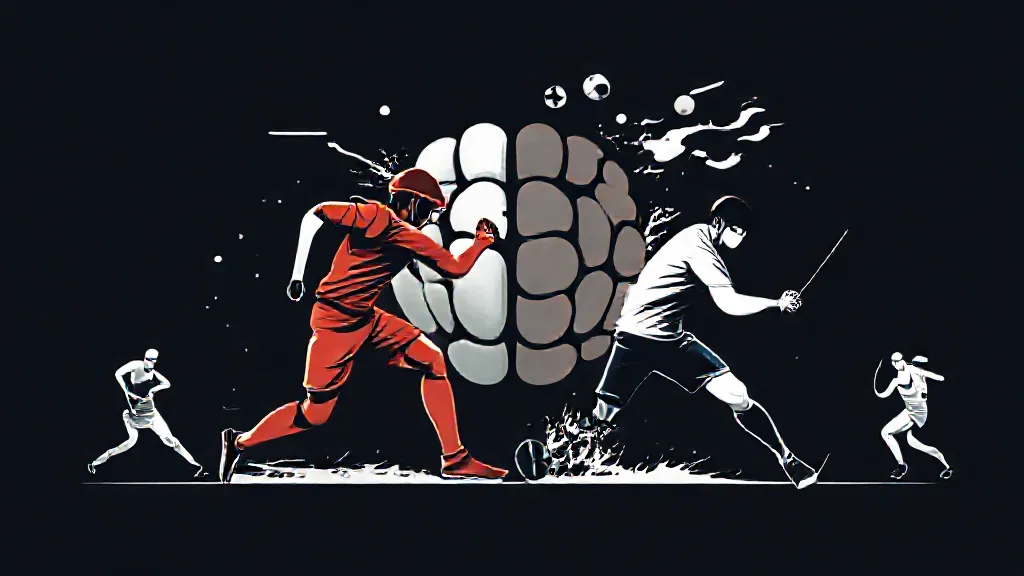In the competitive world of sports, the age-old debate between physical strength and strategic thinking continues to evoke interest. While strength undeniably plays a crucial role in many athletic disciplines, there are numerous instances where strategy and tactics have proven to be the deciding factors in determining the outcome of a contest. This article delves into various sports where strategic acumen has triumphed over sheer physical prowess, illustrating how mental agility can often outmatch brute force.
The Tactical Edge in Team Sports
In team sports such as soccer, basketball, and football, strategy is paramount. Coaches and players alike invest significant time in developing game plans that exploit the weaknesses of their opponents. For example, in soccer, a well-executed formation can neutralize a physically dominant team.
The famous "tiki-taka" style of play employed by FC Barcelona emphasizes short passing and movement, allowing technically skilled players to outmaneuver physically imposing defenders. This showcases how tactical decisions can lead to victory, even against stronger opponents.
The Chess of Sports: Tennis
Tennis is another sport where strategy plays a vital role.
Players must constantly assess their opponent's strengths and weaknesses during a match. The legendary rivalry between Roger Federer and Rafael Nadal highlights this aspect. While Nadal's physicality is often celebrated, Federer's strategic shot placement and ability to dictate the pace of the game have led him to numerous victories.
His understanding of angles and court positioning demonstrates that mental strategy can often prevail over physical attributes.
Martial Arts: The Balance of Mind and Body
In martial arts, the balance between strategy and physical strength is critical. Techniques such as judo and Brazilian jiu-jitsu emphasize leverage and technique over brute force.
For instance, a smaller, lighter practitioner can successfully defeat a larger opponent by employing strategic moves that exploit the latter's balance and momentum. The famous match between Royce Gracie and larger opponents in the early UFC events exemplifies how strategic grappling can render physical strength ineffective.
The Role of Strategy in Endurance Sports
Endurance sports like cycling and long-distance running also highlight the importance of strategy.
Athletes must manage their energy output, pacing, and nutrition throughout the event. The 1982 Boston Marathon is a prime example, where the eventual winner, Dick Beardsley, employed a strategic pacing strategy that allowed him to maintain his energy reserves, ultimately outperforming stronger competitors. This illustrates that in endurance events, mental strategy can often eclipse physical conditioning.
The Importance of Game Theory in Sports
Game theory, a mathematical framework for strategizing, has found its way into various sports. Coaches analyze opponents' tendencies and devise strategies accordingly. In American football, for example, coaches use game theory to predict opposing plays and counteract them effectively.
The New England Patriots, under coach Bill Belichick, are known for their strategic adaptability, often adjusting their game plan to exploit the weaknesses of their opponents, demonstrating that strategy can decisively influence outcomes.
Historical Examples of Strategic Victories
Throughout sports history, there are countless examples of strategic victories. The 1980 "Miracle on Ice" game, where the underdog U.
S. hockey team defeated the heavily favored Soviet Union, is a testament to the power of strategy. Coach Herb Brooks implemented a game plan that focused on speed and teamwork, allowing his players to outmaneuver the physically superior Soviet team.
This iconic moment underscores how strategy can lead to monumental upsets.
The Psychological Aspect of Strategy
Beyond physical capabilities, the psychological aspect of strategy plays a crucial role in sports. Athletes who can maintain composure under pressure and make strategic decisions in high-stakes situations often outperform those who rely solely on physical strength.
The mental fortitude displayed by athletes during critical moments—such as a basketball player making a game-winning shot or a quarterback executing a perfect play—demonstrates that mental strategy can be as decisive as physical ability.
Conclusion: The Harmony of Strength and Strategy
In conclusion, while physical strength is undeniably important in many sports, it is often the strategic elements that determine success. The interplay between strategy and strength creates a dynamic landscape in athletics, where tactical brilliance can lead to victory against physically superior opponents.
As athletes and coaches continue to evolve their understanding of strategy, the balance between mental and physical prowess will remain a pivotal aspect of sports, shaping the future of competition.
